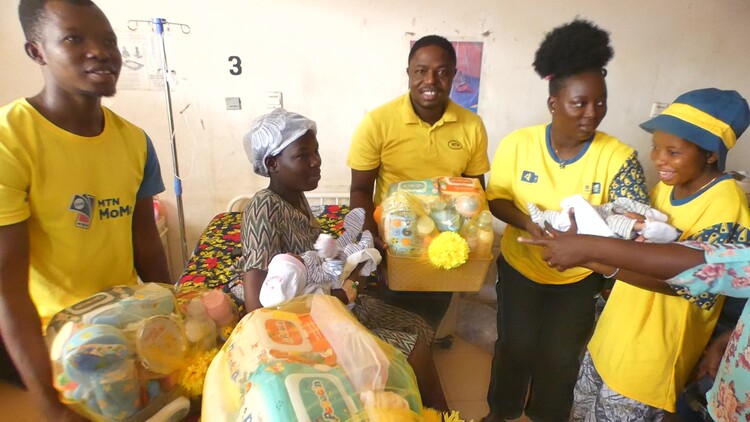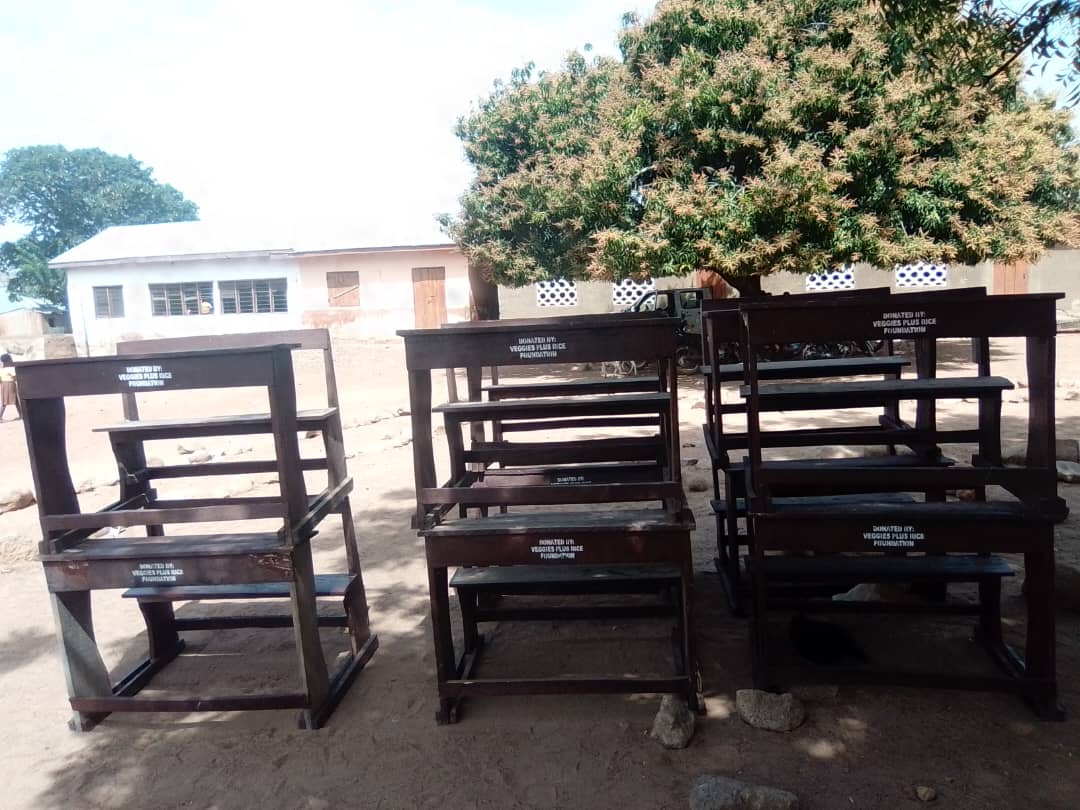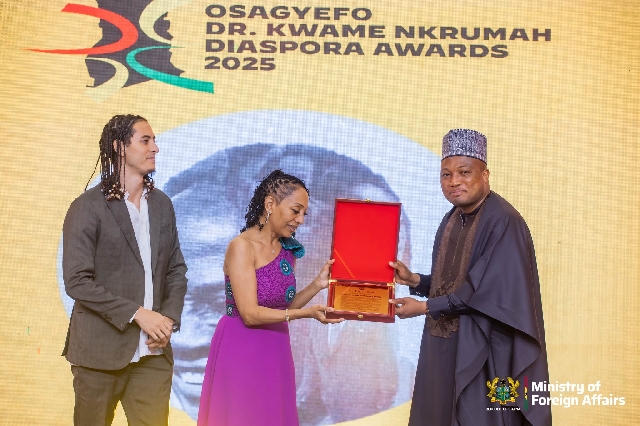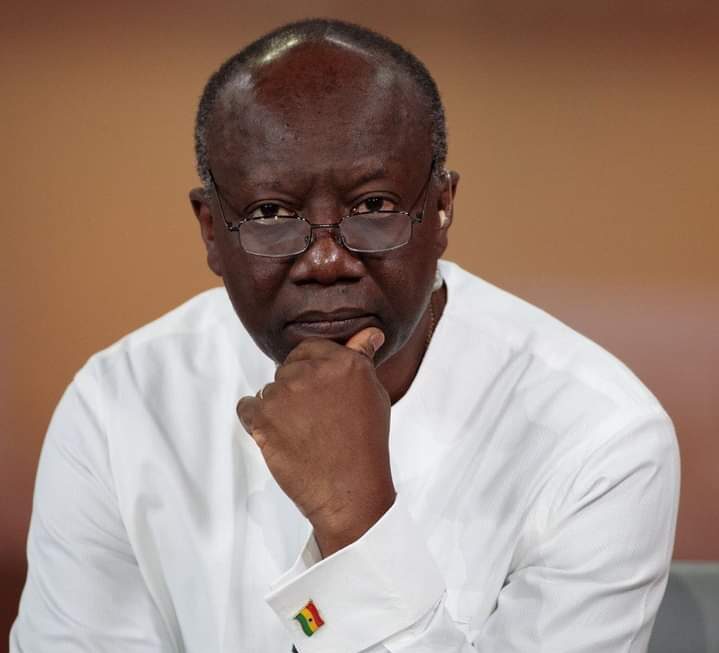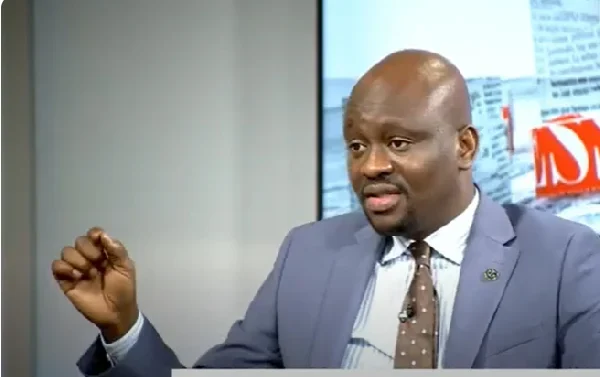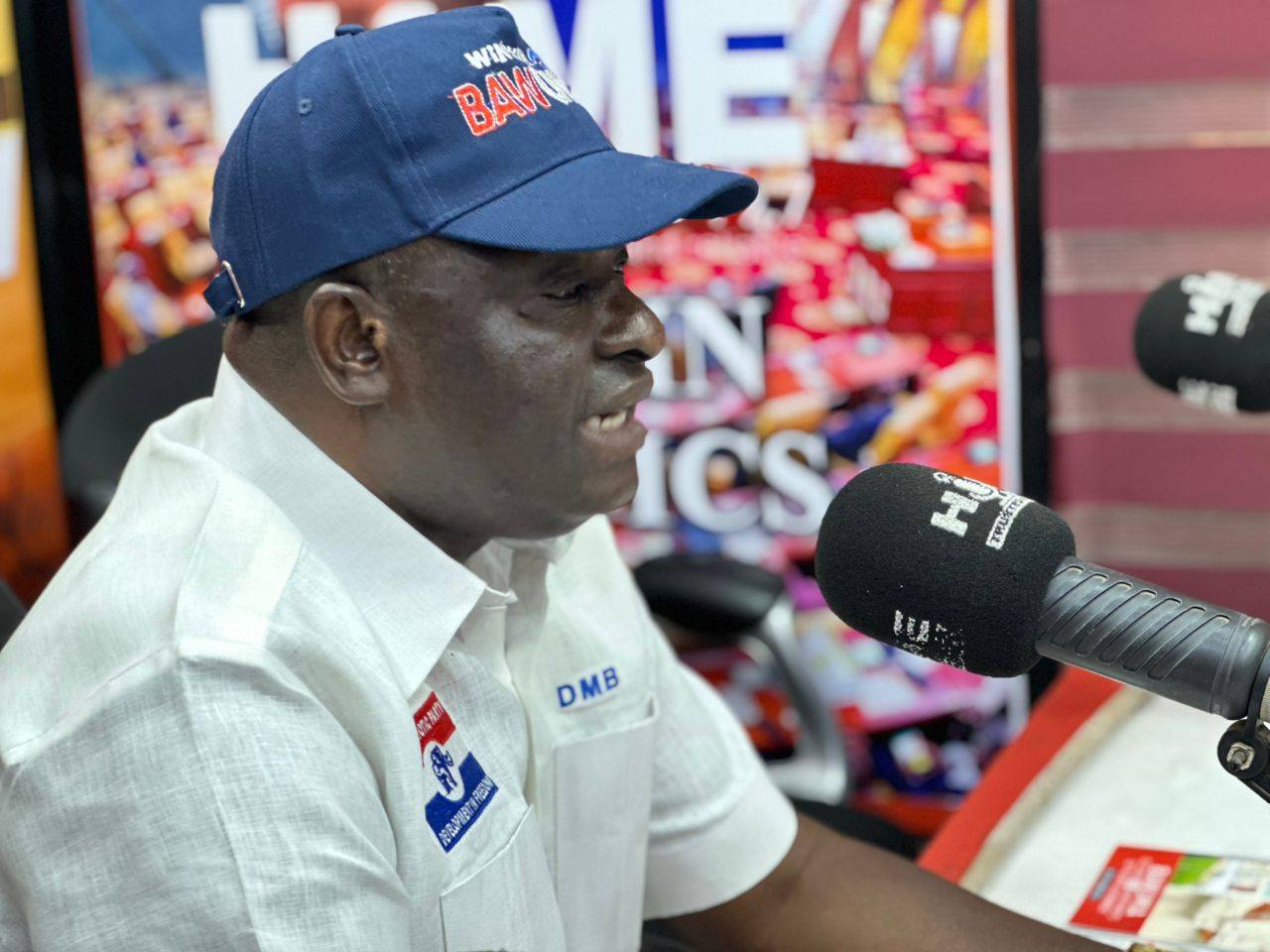A recent joint workshop organized for WASH journalists across Ghana has shed light on the state of menstrual health in the country. Apexnewsgh reports
According to Water Aid statistics, 75% of girls in Ghana learn about menstruation before their first period, but a significant 40% feel uncomfortable discussing it with their mothers. This highlights the need for improved menstrual education and open dialogue within families and communities.
Executive Director of InspireHer Ghana, Madam Sandra Boakye, has made a passionate appeal to the government, particularly policymakers, to establish a national menstrual policy. She emphasized the severe impact of “menstrual poverty” on the welfare and development of young girls and women.

Madam Boakye stressed that while there are guidelines for menstrual health, a comprehensive policy is lacking. She explained that a national policy would encompass how education should be done, including inclusive education for persons with disabilities and those in isolated areas. Additionally, it would cover the production, importation, distribution, and pricing of menstrual products.
The workshop, organized by World Vision in partnership with the Ghana Water Journalists Network (GWJN) and the Media Coalition on Open Defecation (M-CoDE), aimed to raise awareness about menstrual health and hygiene.
Madam Boakye’s appeal resonated with the participants, emphasizing the need for a comprehensive policy to address the challenges surrounding menstruation in Ghana.
The statistics presented at the workshop highlight the need for improved menstrual education and open dialogue. While 75% of girls learn about menstruation before their first period, 40% feel uncomfortable discussing it with their mothers. This indicates a significant gap in menstrual education and the need for a more comprehensive approach.
Madam Boakye’s appeal to the government is timely, as menstruation is an integral part of development that affects individuals in various ways. The lack of a comprehensive policy hinders efforts to address menstrual poverty, which has far-reaching consequences on the welfare and development of young girls and women.
However, the workshop pointed the need for improved menstrual education and open dialogue, and Madam Boakye’s appeal for a comprehensive national policy is a step in the right direction. It is essential for the government to take heed of this call and work towards establishing a policy that addresses the challenges surrounding menstruation in Ghana.
Source: Apexnewsgh.com
Thanks for reading from Apexnewsgh as a news publishing website from Ghana. We encourage you to freely share this story via social media platform and follow us on; Facebook on APEXNEWSGH-Tv or Please contact Apexnewsgh.com on email apexnewsgh@gmail.com for your credible news publications. Contact: 0248250270/0256336062.

